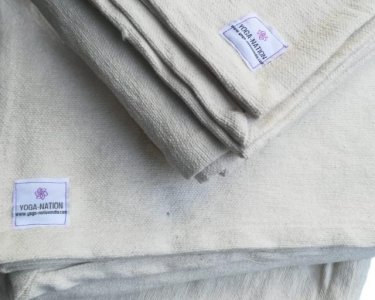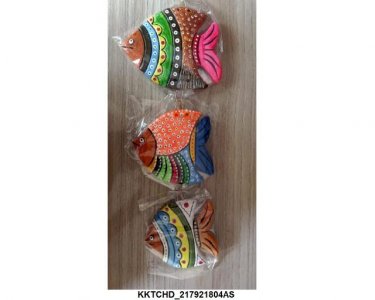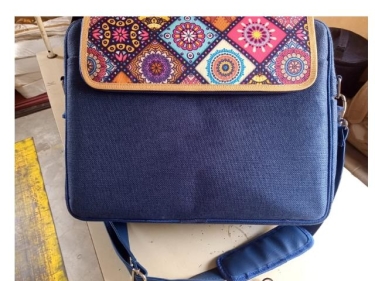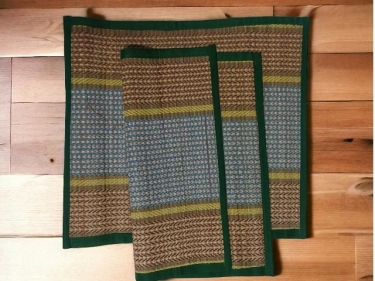Search Results for "swaziland" in "Swaziland" on Export Portal
Active Filters
-
Keywords:
-
Country:
- Clear all
New Search
Couldn't find the product you want?
Fill out this form to request the product.
Exports

Swaziland's economy is diversified, based on agriculture, forestry, mining and manufacturing (textiles and sugar-related processing).
The Swazi economy is very closely linked to the economy of South Africa, from which it receives over 90% of its imports and to which it sends about 70% of its exports. Swaziland's other key trading partners are the United States and the EU, from whom the country has received trade preferences for apparel exports (under the African Growth and Opportunity Act – AGOA – to the US) and for sugar (to the EU). Under these agreements, both apparel and sugar exports did well, with rapid growth and a strong inflow of foreign direct investment. Textile exports grew by over 200% between 2000 and 2005 and sugar exports increasing by more than 50% over the same period.
Swaziland is the fourth largest producer of sugar in Africa and is 25th in production in the world. This demonstrates the immense focus of the industry in order to continue to grow their economy. Swaziland’s GDP was $8.621 billion (US dollars) in 2014 base on purchasing power parity and of that 7.2% of that is from the agriculture sector and of that sector, sugarcane and sugar products have the largest impact on GDP.
Swaziland main exports are textiles, sugar, wood pulp, cotton, beef and soft drink concentrates.
Main export partners of Swaziland are South Africa (60 percent of total exports), Mozambique, Botswana, Namibia and Norway.
Customs requirements of Swaziland
Swaziland Customs Contacts
Swaziland Revenue Authority
Website: http://www.sra.org.sz/index.php?option=com_content&view=article&id=59&Itemid=168
Email: info@sra.org.sz
Address: Building 02, Mbabane Office Park, MBABANE
Telephone: +268 2406 4000
Fax: +268 2406 4001
Swaziland is a country situated in Southern Africa, bordered by Mozambique and South Africa. Swaziland is a developing country with a small economy. It is a member of the Southern African Customs Union (SACU) and Common Market for Eastern and Southern Africa (COMESA). Swaziland's major overseas trading partners are the United States and the European Union.
Tariffs
Swaziland is a member of the South African Customs Union, as well as Botswana, Lesotho, Namibia, and South Africa. All members of this union, including Swaziland, apply import duties and regulations set by South Africa. Thus, customs tariffs, excise duties, valuation methods and origin rules are harmonized throughout SACU.
Swaziland applies the SACU common external tariff, calculated on the f.o.b. price in the country of export. Taxes are collected at the place of entry into the common customs area and as the external trade of Swaziland is directed through South Africa, South Africa collects virtually all customs duties and excise taxes.
Each SACU member sets its own VAT or sales tax. When goods are exported from one SACU country to another, the shipper applies for VAT refunds from the exporting country, and then pays the tax to the importing country.
Swaziland applies a 14% VAT on imports regardless of the SACU member country of origin.
Swaziland levies a VAT currently payable at the rate of 12-25% depending on the nature and source of imported goods. A 10% sales tax is imposed on most consumer goods.
A 7% ad valorem excise duty is levied on clothes and clothing accessories. The value for ad valorem excise duty includes an uplift of 15% of the transaction value and any non-rebated customs duties.
There is an additional Specific Excise Duty that is imposed on most luxury items.
Product certification, packaging and labeling
Swaziland has established its own bureau of standards - the Swaziland Standards Authority (SWASA), but still relies on the South African Bureau of Standards.
Permits are required for all agricultural products, mineral fuels, used clothes, mineral oils, motor vehicle parts, used cars, medicinal drugs, and electrical appliances.
Licenses are issued by the Ministry of Finance and are generally easy to obtain and are valid for one shipment.
Used clothing and used textiles demand import permits. Importers can apply for a permit by passing through the Import Permit Committee within the Ministry of Finance.
Labeling and marking for industrial and pharmaceutical imports have to be in English. The country of origin should be indicated on the label.
Documents for import
- Commercial invoice
- Customs import declaration (SAD 500)
- Bill of lading
- Packing list
- VAT Deferral form
- Certificate of origin
- Import permits and licenses
Sources:
http://www.sra.org.sz/index.php?option=com_content&view=article&id=59&Itemid=168
http://pdf.usaid.gov/pdf_docs/Pnadt819.pdf
http://web.ita.doc.gov/tacgi/overseasnew.nsf/alldata/Swaziland





























